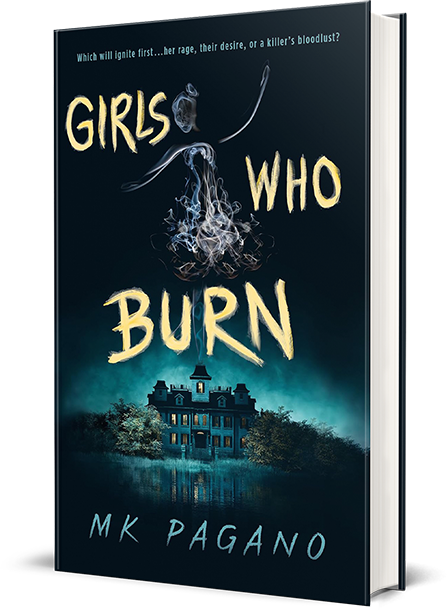MK’s Book Reviews: The Ocean at the End of the Lane

I read Neil Gaiman’s latest oeuvre this week, and I’m here to tell you what I thought…
First of course, the summary from Goodreads:
Sussex, England. A middle-aged man returns to his childhood home to attend a funeral. Although the house he lived in is long gone, he is drawn to the farm at the end of the road, where, when he was seven, he encountered a most remarkable girl, Lettie Hempstock, and her mother and grandmother. He hasn’t thought of Lettie in decades, and yet as he sits by the pond (a pond that she’d claimed was an ocean) behind the ramshackle old farmhouse, the unremembered past comes flooding back. And it is a past too strange, too frightening, too dangerous to have happened to anyone, let alone a small boy.
Forty years earlier, a man committed suicide in a stolen car at this farm at the end of the road. Like a fuse on a firework, his death lit a touchpaper and resonated in unimaginable ways. The darkness was unleashed, something scary and thoroughly incomprehensible to a little boy. And Lettie—magical, comforting, wise beyond her years—promised to protect him, no matter what.
A groundbreaking work from a master, The Ocean at the End of the Lane is told with a rare understanding of all that makes us human, and shows the power of stories to reveal and shelter us from the darkness inside and out. It is a stirring, terrifying, and elegiac fable as delicate as a butterfly’s wing and as menacing as a knife in the dark.
So this book doesn’t start out like a fantasy novel. In fact, the first few chapters make you utterly forget that fact as you’re drawn into the story of a seven-year-old introverted child and his rather typical family living in the English countryside sometime in the 1960s.
“I lived in books more than I lived anywhere else.”
As with all Gaiman books (not that I’ve read them all yet) it’s so beautifully-written, you don’t really care all that much about silly things like genre; you’re just happy to be reading this lovely little story.
“I do not miss childhood, but I miss the way I took pleasure in small things, even as greater things crumbled. I could not control the world I was in, could not walk away from things or people or moments that hurt, but I took joy in the things that made me happy.”
Which kind of makes it a little jarring when the fantasy element jumps into the story, starting with the little-boy protagonist being choked by something in his dreams. Then the fantasy comes fast and furious, first with an alternate universe, then a disgusting, could-have-done-without-that scene involving a worm–and then the first real villain of the story comes in, in the form of a beautiful, strict governess with a nasty secret. You become so indignant for this little boy, you feel like you’re seven years old again, brimming with anger over the unfairness of the adult world.
“I saw the world I had walked since my birth and I understood how fragile it was, that the reality was a thin layer of icing on a great dark birthday cake writhing with grubs and nightmares and hunger.”
That’s where the story takes several strange turns–if it wasn’t fantastical enough for you before, it definitely will be now–that lead ultimately to its haunting, inconclusive conclusion.
“Nothing’s ever the same,” she said. “Be it a second later or a hundred years. It’s always churning and roiling. And people change as much as oceans.”
I was left wanting a bit by the ending–if you like your endings neatly tied in a bow, this book probably isn’t for you–but that’s not something I need (as evidenced by my love for this amazing novel.)
The most lovely thing about this book is its beautiful, truthful sentences:
“Grown-ups don’t look like grown-ups on the inside either. Outside, they’re big and thoughtless and they always know what they’re doing. Inside, they look just like they always have. Like they did when they were your age. Truth is, there aren’t any grown-ups. Not one, in the whole wide world.”
That’s comforting to me, as I keep waiting to turn into a grown-up and figure all the things out.
Then there’s this sad line:
“That’s the trouble with living things. Don’t last very long. Kittens one day, old cats the next. And then just memories. And the memories fade and blend and smudge together.”
This book is weird and sad and beautiful and thought-provoking–in short, everything you should get from a book. It’s my favorite Neil Gaiman work so far. 8/10 stars. Go read it.
Image found here


[…] feel like a grown-up despite the fact that for all intents and purposes I am one. And then I read The Ocean at the End of the Lane, by Neil […]